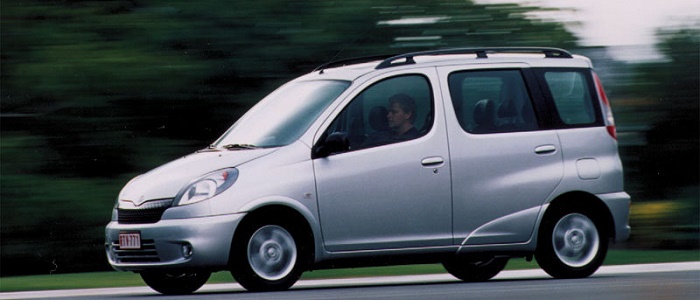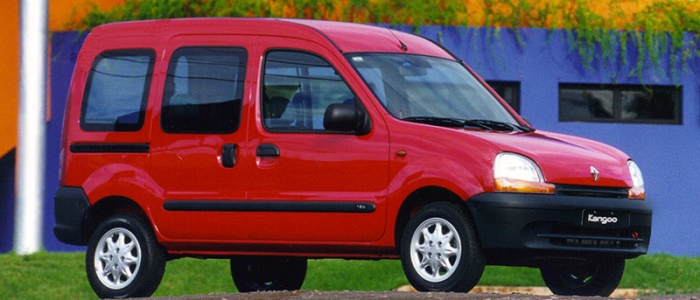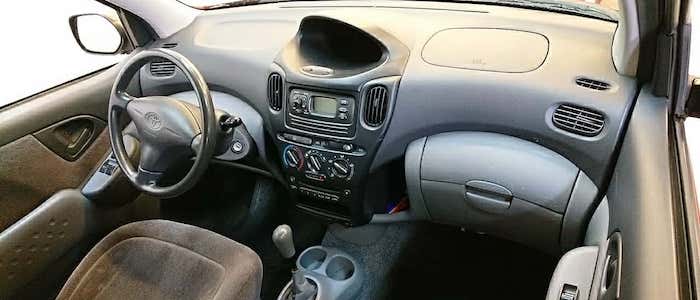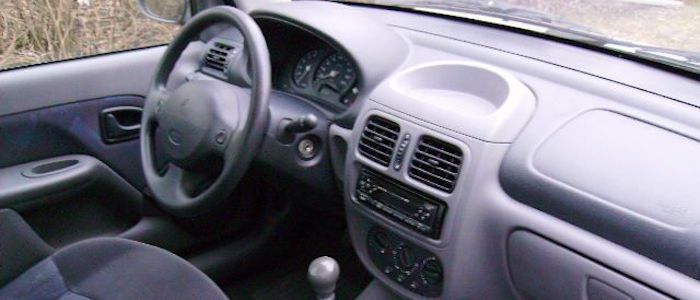Compare two cars
Compare any two cars and get our Virtual Adviser™ opinion
Marketing
Dimensons & Outlines
Engine
Performance (manual gearbox)
Performance (automatic gearbox)
Expenses
Virtual Adviser's™ opinion
Well, these are two pretty similar cars we have here! It's only details that could potentially make the difference. Considering they both belong to the mpv segment and utilize the same 5-door MPV body style and the front wheel drive system, it all comes up to the specific diesel engine choice they offer. The first one has a Toyota-engineered powertrain under the hood, a 4-cylinder, 8-valves 75hp unit, while the other one gets its power and torque from a 4-cylinder, 8-valves 80hp engine designed by Renault.
SafetyUnfortunatelly, neither of the two vehicles was submitted to the European New Car Assessment Programme (Euro NCAP) testing. This makes it virtually impossible for me to pick one over the other and I'm generally against buying such cars as the safety should really always come first. Moving further on, let's take a closer look at some additional safety-related facts. Both vehicles belong to the mpv segment, which is generally a good thing safety-wise, but that fact doesn't break the tie between the two cars. On the other hand, when it comes to weight, a factor that most people underestimate, the French car offers a considerable difference of 14% more metal.
ReliabilityI don't like generalizing things when it comes to reliability, although it does seem that both brands display similar results in faults and breakdowns, all the models observed together. These are the official statistics, while our visitors describe reliability of Toyota with an average rating of 4.6, and models under the Renault badge with 4.1 out of 5. Independent research findings rank Yaris Verso as average reliability-wise, and Kangoo is more or less at the same level.We should definitely mention that owners of cars with the same powertrain as the Japanese car rank it on average as 5.0, while the one under the competitor's bonnet gets 3.8 out of 5.
Performance & Fuel economyToyota is way more agile, reaching 100km/h in 3.6 seconds less than its competitor. In addition to that it accelerates all the way to 165 kilometers per hour, 8km/h more than the other car. When it comes to fuel economy the winner has to be the French car, averaging around 5.8 liters of fuel per 100 kilometers (49 mpg), in combined cycle. We can't ignore that 10% difference compared to the Japanese car.
Verdict
Toyota appears just a bit more reliable, although the difference is truly marginal. The most important thing when deciding between any two vehicles should always be safety, both passive and active. In my opinion, everything taken into account, the French car offers significantly better overall protection, taking the lead here. From there things take a different direction, with Toyota outracing its opponent in any situation possible, making it better choice for boy racers. It does come at a cost though, and that's the fuel consumption... No mistake, whatever you decide here, but I'd still go for the Renault. In any case that's my personal view, built upon all the data available to me. What should decide here though is the way you feel about the two vehicles, and I hope you'll find my guidelines useful in the process. In case you have two minutes to spare I invite you to define your needs, desires and budget and see which car would be chosen by the virtual adviser™, among thousands of similar, yet so different vehicles.
































